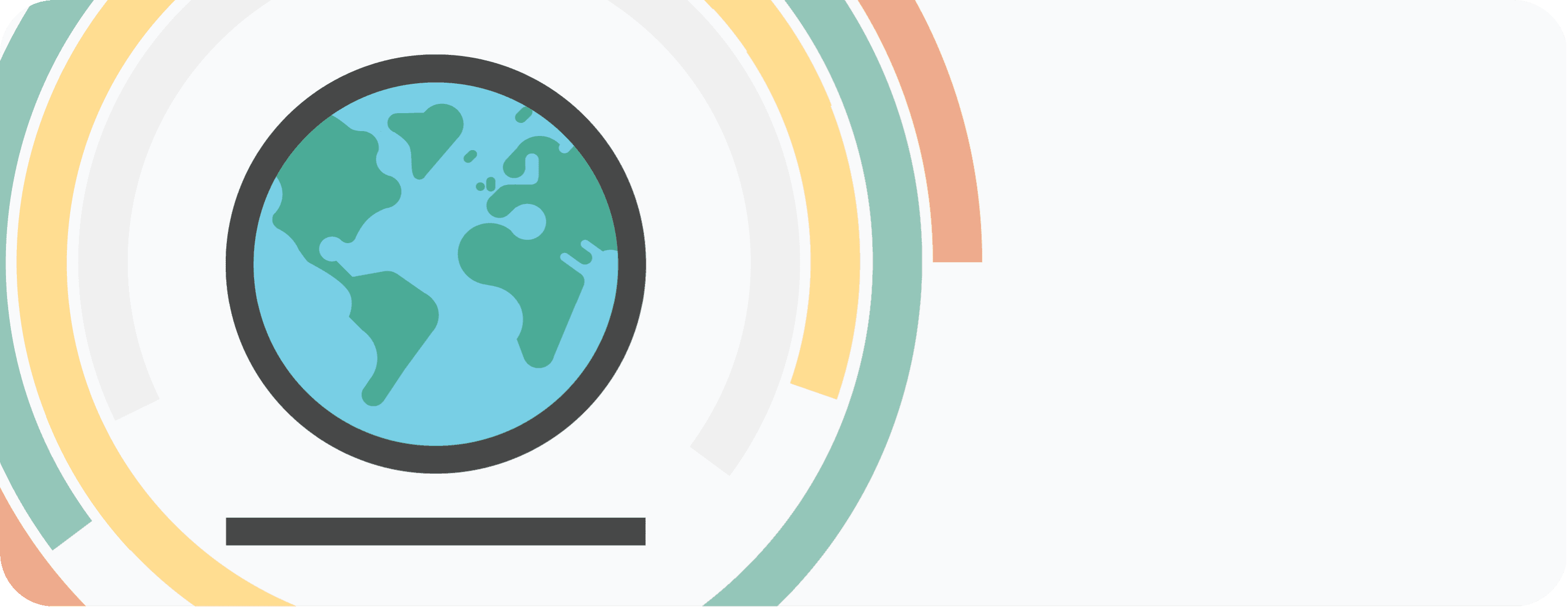

Oficina da Sustentabilidade

São Paulo, Brazil
February 2015
Other education
Service with Minor Environmental Footprint
Brazil
Businesses are increasingly seeking a more resilient way of operating, and there are few companies that work with ongoing projects and education for the transition. Today Oficina da Sustentabilidade (Sustainability Workshop) seeks to assess and co-create a more sustainable form of action, looking into the functioning of companies which are the most resilient alternative operation. From supporting the qualification of local suppliers to supporting disadvantaged to structure their own small business communities. The Oficina da Sustentabilidade believes that when they work on a local scale, and think globally, they can create more appropriate solutions to the problems. Allowing companies to play a role of planning and structuring of territorial action strategies, is a major focus of the workshop, looking to increasingly involve communities in the business of large companies, causing them to reduce their footprint and contribute to reduce social inequality.
Overall B Impact Score
Governance 21.0
Governance evaluates a company's overall mission, engagement around its social/environmental impact, ethics, and transparency. This section also evaluates the ability of a company to protect their mission and formally consider stakeholders in decision making through their corporate structure (e.g. benefit corporation) or corporate governing documents.
What is this? A company with an Impact Business Model is intentionally designed to create a specific positive outcome for one of its stakeholders - such as workers, community, environment, or customers.
Community 50.6
Community evaluates a company’s engagement with and impact on the communities in which it operates, hires from, and sources from. Topics include diversity, equity & inclusion, economic impact, civic engagement, charitable giving, and supply chain management. In addition, this section recognizes business models that are designed to address specific community-oriented problems, such as poverty alleviation through fair trade sourcing or distribution via microenterprises, producer cooperative models, locally focused economic development, and formal charitable giving commitments.
Environment 30.9
Environment evaluates a company’s overall environmental management practices as well as its impact on the air, climate, water, land, and biodiversity. This includes the direct impact of a company’s operations and, when applicable its supply chain and distribution channels. This section also recognizes companies with environmentally innovative production processes and those that sell products or services that have a positive environmental impact. Some examples might include products and services that create renewable energy, reduce consumption or waste, conserve land or wildlife, provide less toxic alternatives to the market, or educate people about environmental problems.
What is this? A company with an Impact Business Model is intentionally designed to create a specific positive outcome for one of its stakeholders - such as workers, community, environment, or customers.
Customers 16.9
Customers evaluates a company’s stewardship of its customers through the quality of its products and services, ethical marketing, data privacy and security, and feedback channels. In addition, this section recognizes products or services that are designed to address a particular social problem for or through its customers, such as health or educational products, arts & media products, serving underserved customers/clients, and services that improve the social impact of other businesses or organizations.
What is this? A company with an Impact Business Model is intentionally designed to create a specific positive outcome for one of its stakeholders - such as workers, community, environment, or customers.